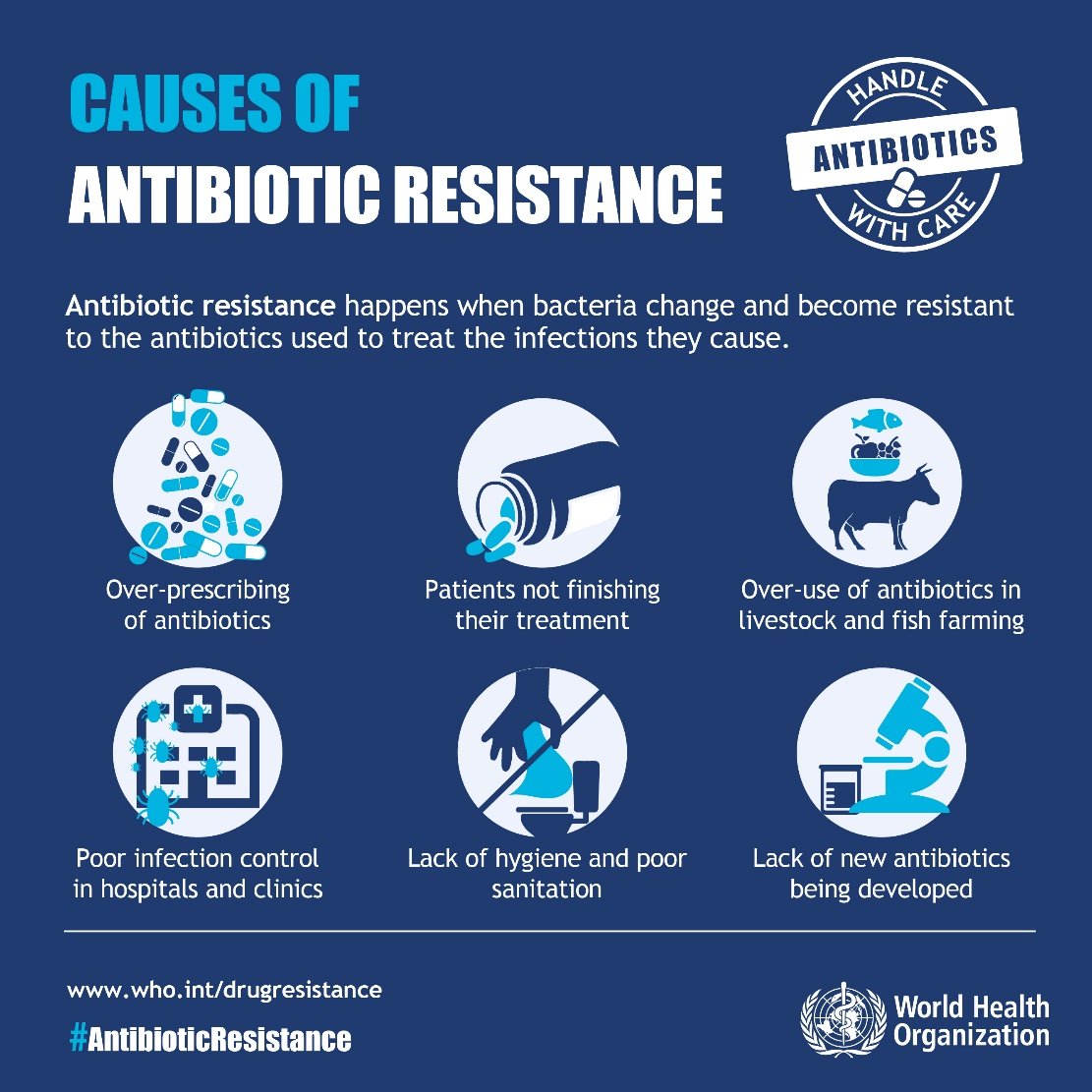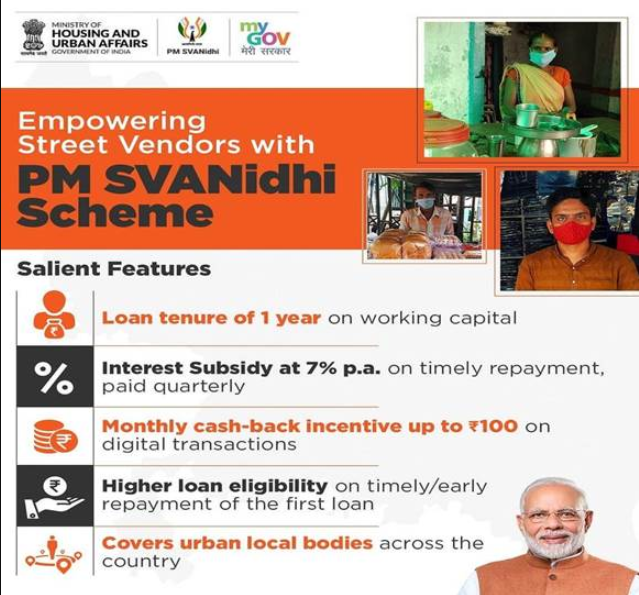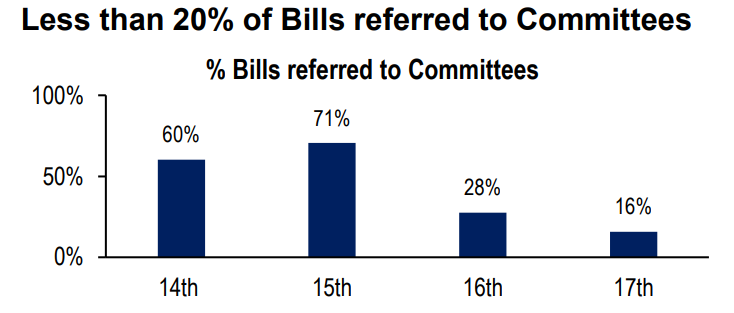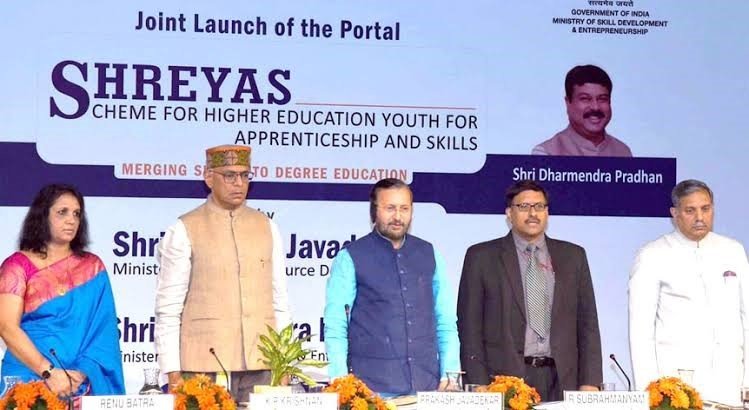
Antibiotic Resistance
Subscribers of "Current Affairs" course can Download Daily Current Affairs in PDF/DOC
Subscribe to Never Miss an Important Update! Assured Discounts on New Products!
Must Join PMF IAS Telegram Channel & PMF IAS History Telegram Channel
- Context (TH): Development of new drugs to tackle Antibiotic resistance.
- Zosurabalpin: It offers a potential new way to tackle drug-resistant Acinetobacter infections.
- Wockhardt’s cefepime-zidebactam: It is India based and is currently in international Phase 3 trials.
- Cefiderocol: Developed by a Japanese firm, already approved for use in various countries.
What is Antimicrobial Resistance (AMR)?
- Antimicrobials include antibiotics, antiviral, antifungal & anti-parasitic medication.
- Antimicrobial resistance is defined as a microorganism’s resistance to an antimicrobial drug that was once able to treat an infection by that microorganism.
- For example, in Multi-Drug Resistant TB (MDR-TB), the TB bacteria are resistant to two of the essential TB drugs, isoniazid (INH) and rifampicin (RMP).
Causative Factors behind AMR
- Microorganisms can develop resistance and become Superbugs mainly in two ways:
- Intrinsic resistance: It refers to the inherent resistance of certain bacteria to specific antibiotics.
- Acquired resistance: It refers to the resistance developed in bacteria due to genetic mutation.
Causes behind Acquired Antimicrobial Resistance
- Overuse and improper use of antimicrobials.
- Greater access to over-the-counter antibiotic drugs in developing countries.
- Using broad-spectrum antibiotics over narrow-spectrum antibiotics.
- Inadequate dumping of pharmaceutical industry effluents.
- Antibiotic use in livestock feed.

Suggestions to Improve India’s fight against AMR
- Provide a supportive environment for startups: E.g. Pfizer COVID-19 vaccine was developed by the relatively small German startup BioNTech.
- Development of advanced rapid diagnostics: Prompt and precise detection of infections is essential for curbing the spread of resistant microbes.
- Cultivating indigenous phage therapies: India imports high-quality phages from Eastern Europe.
- We need to channel our efforts into developing new, innovative vaccines such as therapeutic vaccines. These are designed to prevent the recurrence of infections.
- Need to prioritise infection control strategies.
- A vast majority of our hospitals lack the requisite policies, committees, and expertise for effectively preventing drug-resistant infection transmission to patients.
- Prescribe antibiotics only when needed and in the right doses. Overusing and misusing antibiotics in humans, livestock, and crops are the main reasons for antimicrobial resistance.
Global Antibiotic Research and Development Partnership (GARDP)
|




![PMF IAS Environment for UPSC 2022-23 [paperback] PMF IAS [Nov 30, 2021]…](https://pmfias.b-cdn.net/wp-content/uploads/2024/04/pmfiasenvironmentforupsc2022-23paperbackpmfiasnov302021.jpg)











